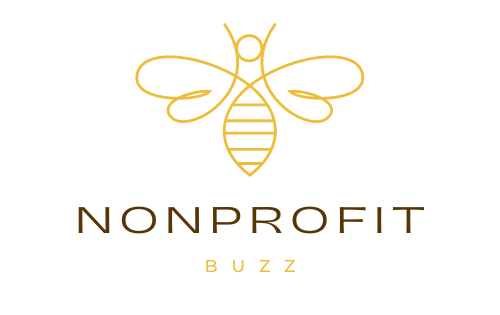Nonprofit Event Fundraising: Tips and Strategies for Success

Nonprofit Event Fundraising: Tips and Strategies for Success
Nonprofit event fundraising has become an increasingly popular way for organizations to raise money for their causes. These events can take on many forms, from charity walks and runs to silent auctions and galas. The goal of these events is to not only raise funds but also to raise awareness and support for the organization’s mission.
One of the benefits of nonprofit event fundraising is that it allows organizations to engage with their supporters in a more personal way. By participating in these events, supporters feel a sense of connection to the cause and are more likely to become long-term donors. Additionally, these events can attract new supporters who may not have been aware of the organization’s mission before attending the event.
However, planning and executing a successful nonprofit event fundraiser can be a daunting task. It requires careful planning, organization, and promotion to ensure that the event is well-attended and meets its fundraising goals. Despite the challenges, many nonprofit organizations have found that event fundraising can be a highly effective way to raise money and awareness for their causes.

Planning Your Nonprofit Event
Organizing a nonprofit event can be a daunting task, but with proper planning and execution, it can be a successful fundraising opportunity. Here are some key factors to consider when planning your nonprofit event.
Setting Clear Objectives
The first step in planning your event is to set clear objectives. Define the purpose of the event, the target audience, and the expected outcomes. This will help you determine the type of event to organize and the resources you need to allocate.
Budgeting for the Event
Budgeting is an essential part of event planning. Determine the total amount of funds you need to raise and allocate your resources accordingly. Create a detailed budget that includes all expenses, such as venue rental, catering, marketing, and staff. Consider seeking sponsorships or partnerships to help cover some of the costs.
Selecting the Right Venue
Choosing the right venue is crucial to the success of your event. Consider the size of the venue and the number of guests expected to attend. Ensure the venue is accessible, has adequate parking, and is equipped with the necessary amenities. Compare prices and negotiate with the venue to get the best deal.
Event Timing and Scheduling
The timing and scheduling of your nonprofit event can impact attendance and overall success. Consider the time of year, day of the week, and the length of the event. Schedule the event to avoid conflicts with other events in the community. Create a detailed timeline that includes all activities and assign roles and responsibilities to your team.
By following these key factors, you can plan a successful nonprofit event that raises funds and supports your cause.
Executing Fundraising Strategies
Successful fundraising events require a well-planned and executed strategy. Here are some key factors to consider when executing fundraising strategies:
Engaging Sponsors and Partners
Sponsors and partners play a crucial role in the success of fundraising events. Engage with potential sponsors and partners early on and offer them a clear understanding of the event’s goals and how their involvement can benefit their brand. Consider creating sponsorship packages that offer different levels of exposure and benefits, such as logo placement, social media mentions, and VIP tickets.
Ticket Sales and Pricing
Ticket sales are a significant source of revenue for fundraising events. Determine the appropriate ticket price by considering the event’s target audience, location, and overall budget. Offer early bird discounts, group rates, and VIP packages to incentivize ticket sales. Utilize online ticketing platforms to streamline the ticketing process and track sales data.
Incorporating Donations and Pledges
Donations and pledges are a direct way for individuals and organizations to contribute to the cause. Incorporate donation and pledge options into ticket sales, event registration, and social media campaigns. Consider offering incentives, such as exclusive merchandise or recognition, to encourage donations.
Leveraging Social Media and Marketing
Social media and marketing are essential tools for promoting fundraising events. Utilize social media platforms to create buzz and engage with potential attendees and sponsors. Create a comprehensive marketing plan that includes email campaigns, press releases, and advertisements. Consider partnering with local media outlets to increase exposure.
Hosting Auctions and Raffles
Auctions and raffles are a fun way to raise additional funds and engage attendees. Secure high-value items and experiences through partnerships and donations. Utilize online auction platforms to streamline the auction process and reach a broader audience. Ensure compliance with local regulations and laws regarding raffles and auctions.
By incorporating these strategies, fundraising events can maximize revenue and achieve their goals.



